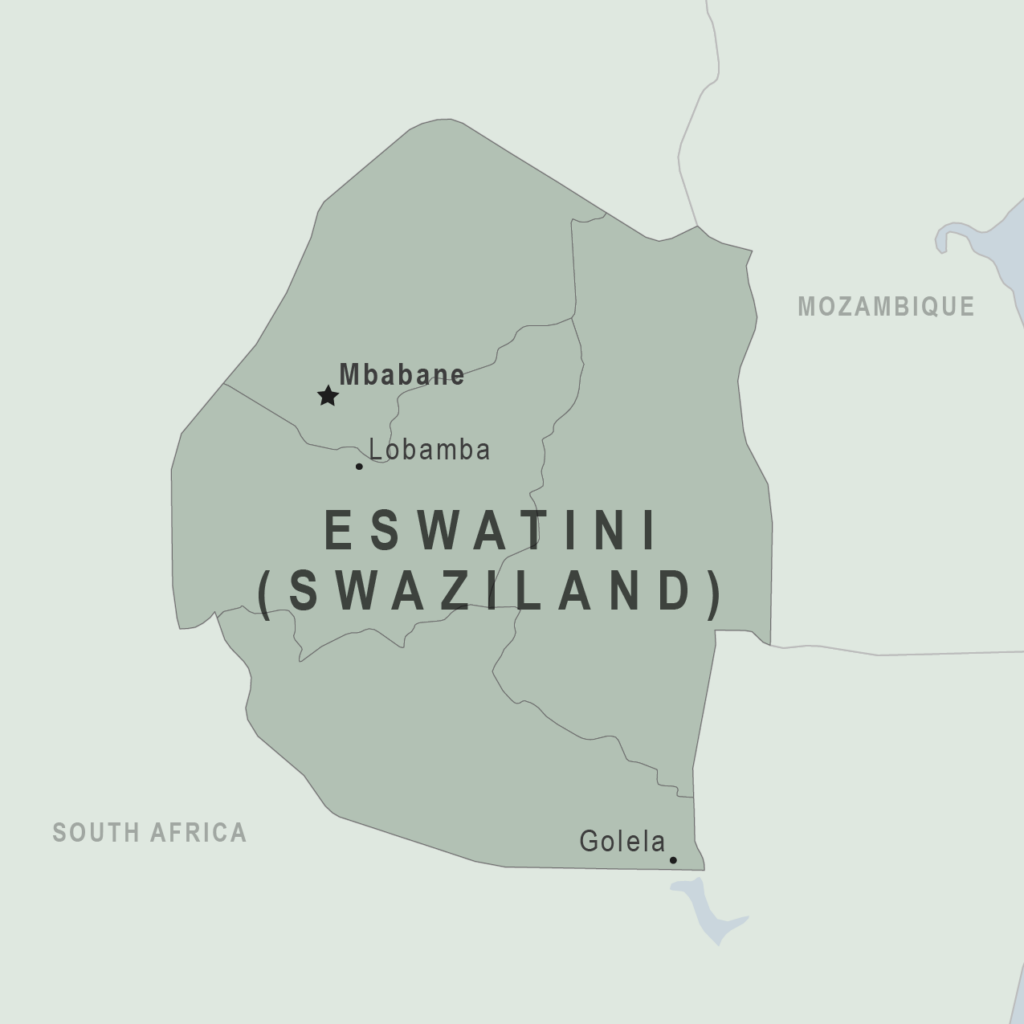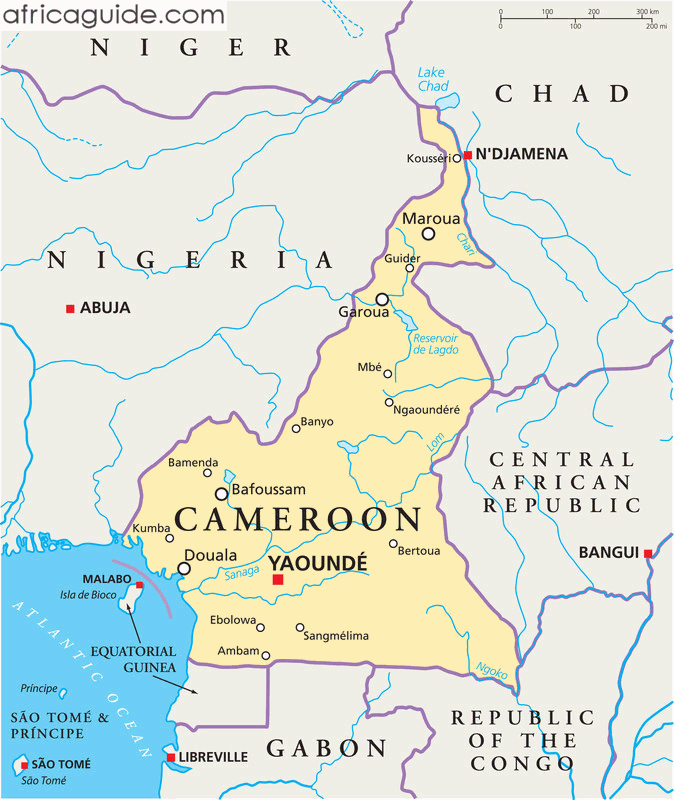Elections are scheduled later this year in eSwatini, a small independent kingdom in Southern Africa, formerly known as Swaziland.
It is not the first time that election campaigns are accompanied by a rising number of ritual murders – or ‘muti murders’, as they are called in Southern Africa. Already in a previous posting, on June 19, 2018 I drew attention to the link between elections and ritual killings in this country.
Swaziland (eSwatini) has a long history of ritual murders. In the recent past, in 2003, King Mswati III urged Swaziland’s politicians not to engage in ritual killings to boost their chances in the general elections later that year. Five years later then Prime Minister Absalom Themba Dlamini warned aspiring members of parliament against committing ritual murders to win the vote. In my 2018 posting I revealed that nothing had changed for the better. For briefness sake I further refer to my 2018 posting.
When will it end? What’s the use of repeated warnings? Isn’t it a crazy situation, we’re in the third millennium, and superstition is still rife in a country where democratic elections are being organized.
However, the democratic nature of elections in eSwatini / Swaziland is not what one would expect. Past elections in the kingdom where king Mswati III rules as an absolute monarch, have been characterized by a lack of transparency whereas according to Wikipedia the full results of both the 2018 and 2013 elections have never been published.
(FVDK)
Swaziland: King Mswati III frowns at rising number of ritual murders

Published: July 16, 2023
By: NKOSINGIPHILE MYENI , Swaziland Observer
His Majesty King Mswati III is disheartened by the rising number of cruel deaths occurring around the country.
Most of the deaths were those that seemed to be ritually associated as were described as the worst kind of evil.
This was shared yesterday through the King’s representative, Minister of Housing and Urban Development Prince Simelane, in one of the biggest prayer services in the country.
The national prayer for the national elections brought together church leaders from the three church mother bodies, being the Council of Swaziland Churches, Conference of Churches and the League of Churches.
There were also other Cabinet ministers, church members of different denominations as well as members of the public.
Rendering his speech, the prince shared a story in the Bible in Genesis 6 verse 6 whereby God showed His regret by creating a person and further said that He was grieving in his heart by the evil that people do.
The King said in just a short space of time spine-chilling deaths have been reported whereby he further depicted the cruelty with which the victims died.
He first referred to an incident which occurred early in the month at Nkoneni in the Shiselweni region whereby the body of a 26-year-old woman was found with multiple stab wounds, her eyes gouged out and her throat slit.
“Let me just point out to two or three of these in the country. Such cruelty Maswati! If you wonder why God is regretful about a person, again just recently, a boy went out from his home to buy goats but he was stabbed and killed.
“His throat was cut while he was alive and could feel it. They placed a tyre on him, doused him with petrol and set him alight,” he said while narrating that it was not only the events that were seen on television that showed cruelty.
He added, “The God of love saw the evil in people on earth. He saw that their hearts and thoughts were evil and regretted why he created them.
Tense
This may seem like a past tense but God forever regrets why he created a person, why? because of their sins.”
The King went further and referred to another incident.
He said in Malkerns just this week, another man was found dead with stab wounds as well as a slit throat.
He did not spare femicide whereby he said such cases were widely reported in the media.
According to the United Nations (UN) Women, femicide is a hate crime which is broadly defined as the intentional killing of women or girls because they are female.
“In our nation we read in the newspapers that men kill women with cruelty.
They kill their wives, girlfriends and have also started killing their own children.
“Therefore, we are here to pray for elections so that they go smoothly,” he said.
Referring to other countries during elections, the King said violence was also rife whereby he said it was common to hear that political parties fight one another to the extent that people are shot and assassinated while others have their houses burnt.
Source: King frowns at ritual killings



